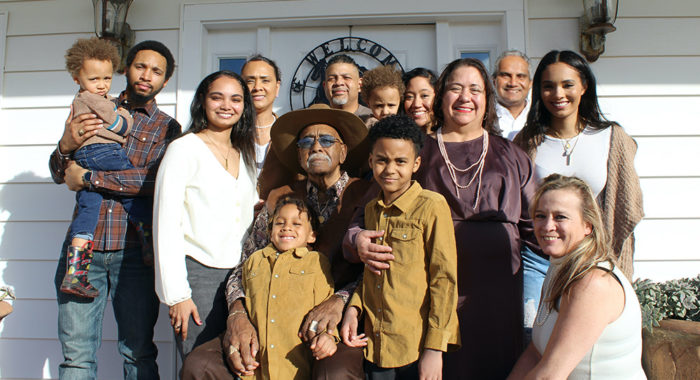Age eight. I came down from my third floor bedroom to say good morning to my grandmother in her second floor bedroom. She didn’t move. She had died during the night. I was the first to know about her but I really didn’t know much about death. This was my first time.
“It’s a boy!” The 2 a.m. phone call came to me because I was their pastor. The new dad called me first. I was the 25 year old pastor of a congregation averaging under 200 on Sundays in a Colorado town of 23,000. The numbers didn’t matter. It was about the life of a newborn son.
Looking up a definition of life on the internet is kind of frustrating. There are many clear-cut and hotly debated phrases coming from the pens of philosophers and the computers of biologists. While most of us may not have the perfect mix of words we all know life when we see it.
Whether it is the celebration of an awaited birth or the grief of an unexpected death, life is everything. The Bible begins with physical life in the opening chapters of Genesis and ends with eternal life in the closing chapters of Revelation. Jesus said that he came from heaven to earth to give “abundant life” (John 10:10). As Christians we believe that death is our last enemy (1 Corinthians 15:26) and that Jesus rose from the grave to defeat death with life.
What does all this mean for modern followers of Jesus? We are all for life. We love life as a gift from God. We are on the side of life from before a child is born until the last breath from a grandmother. We join with Jesus who was on the side of life when he healed the sick, fed the hungry, protected the children, defended the poor and raised the dead. We want to be like Jesus — loving, praying, giving, speaking, working and advocating for the abundant life of others. We love our neighbors in this life (Luke 10:27) and evangelize our neighbors for eternal life (John 3:16).
This article originally appeared in Evangelicals magazine.
Leith Anderson is president emeritus of the National Association of Evangelicals and pastor emeritus of Wooddale Church in Eden Prairie, Minnesota. He served as NAE president from 2007–2019, after twice serving as interim president. He served as senior pastor of Wooddale Church for 35 years before retiring in 2011. He has been published in many periodicals and has written over 20 books. Anderson has a Doctor of Ministry degree from Fuller Theological Seminary, and is a graduate of Moody Bible Institute, Bradley University and Denver Seminary.




 View All Articles
View All Articles 

























